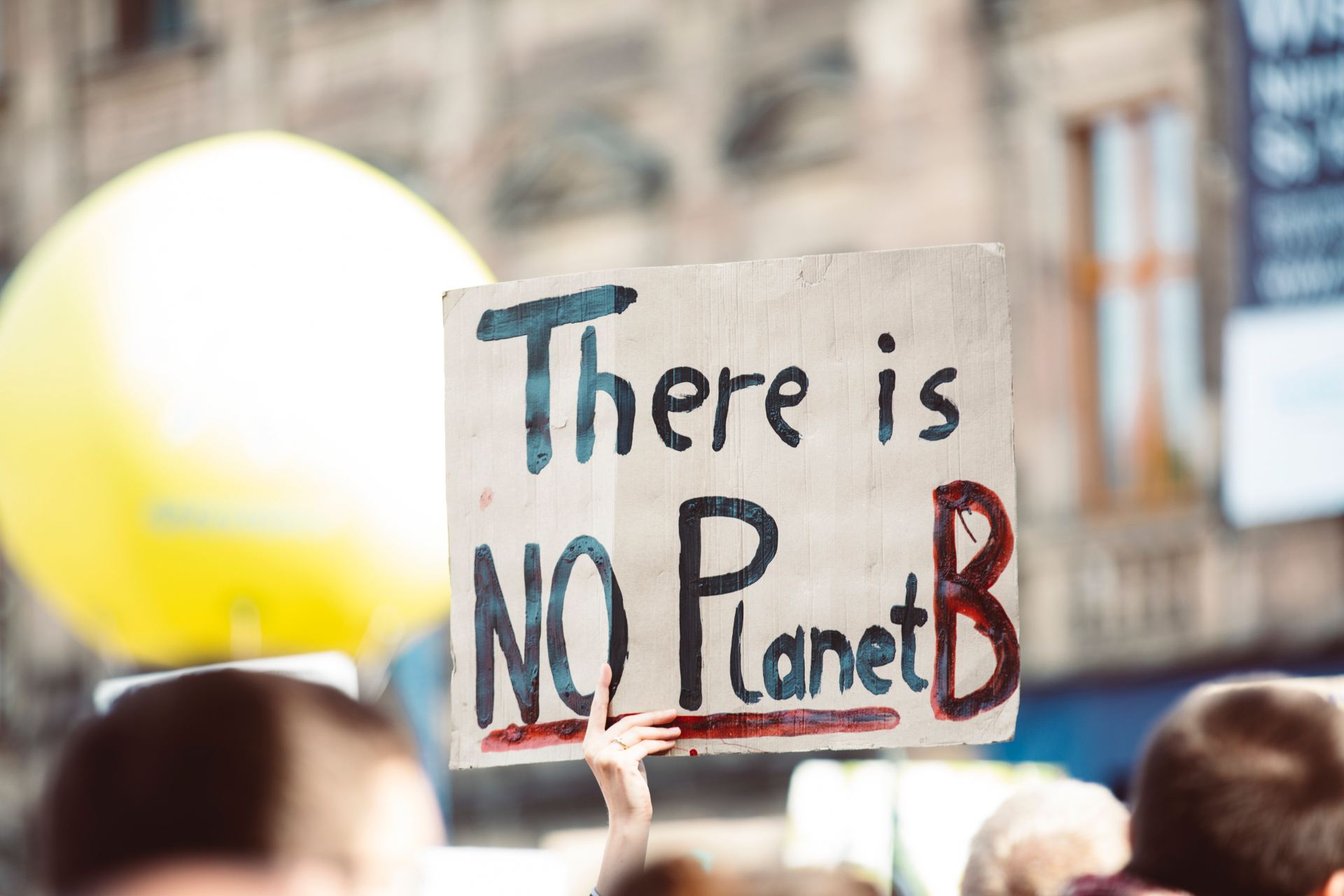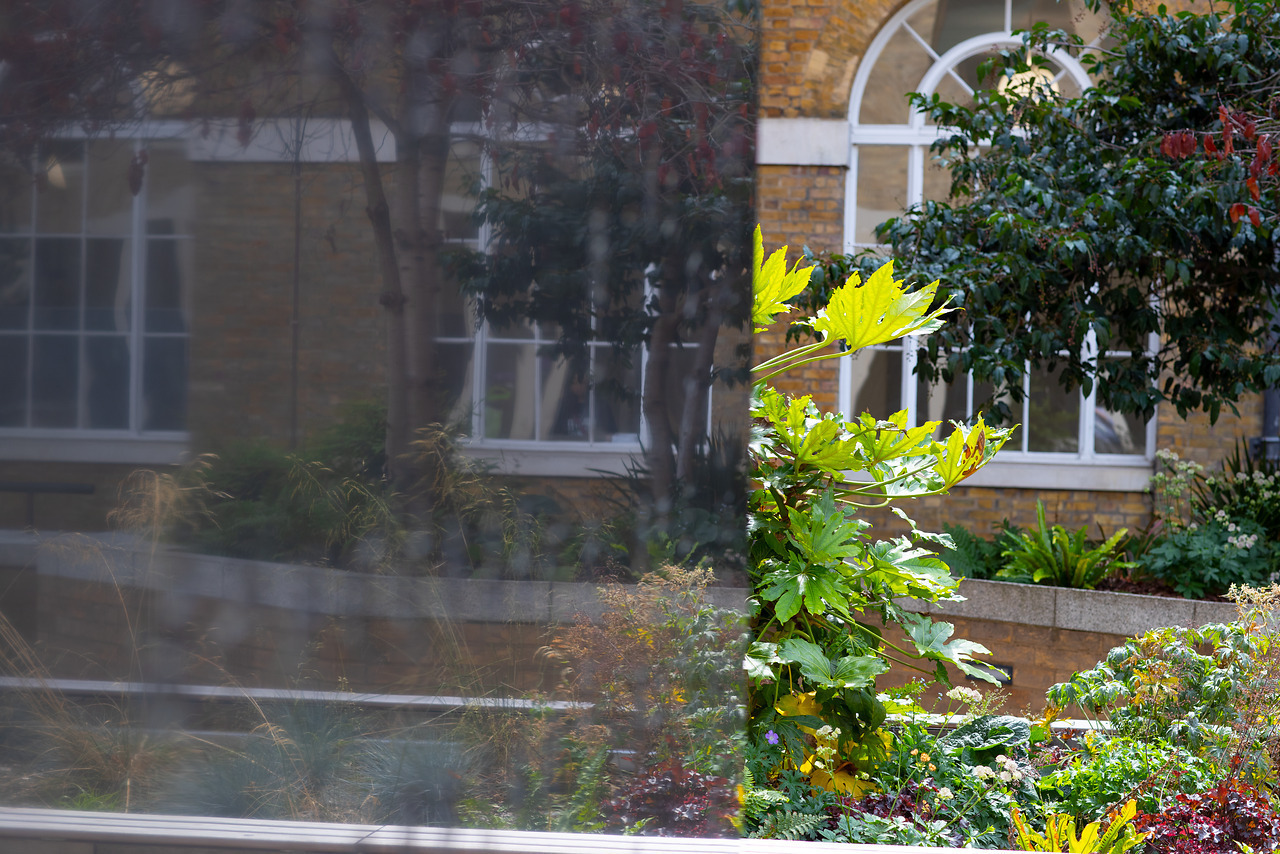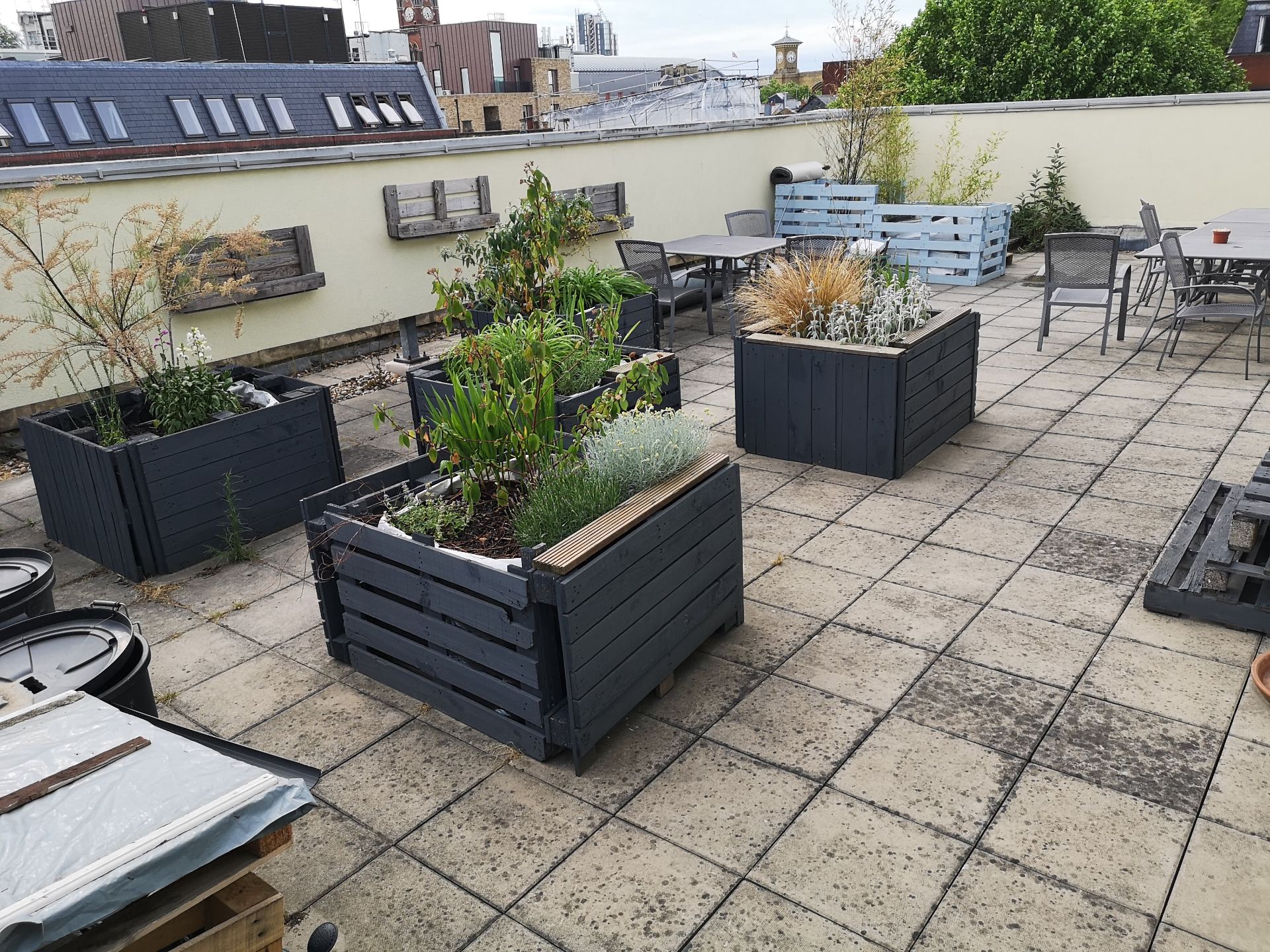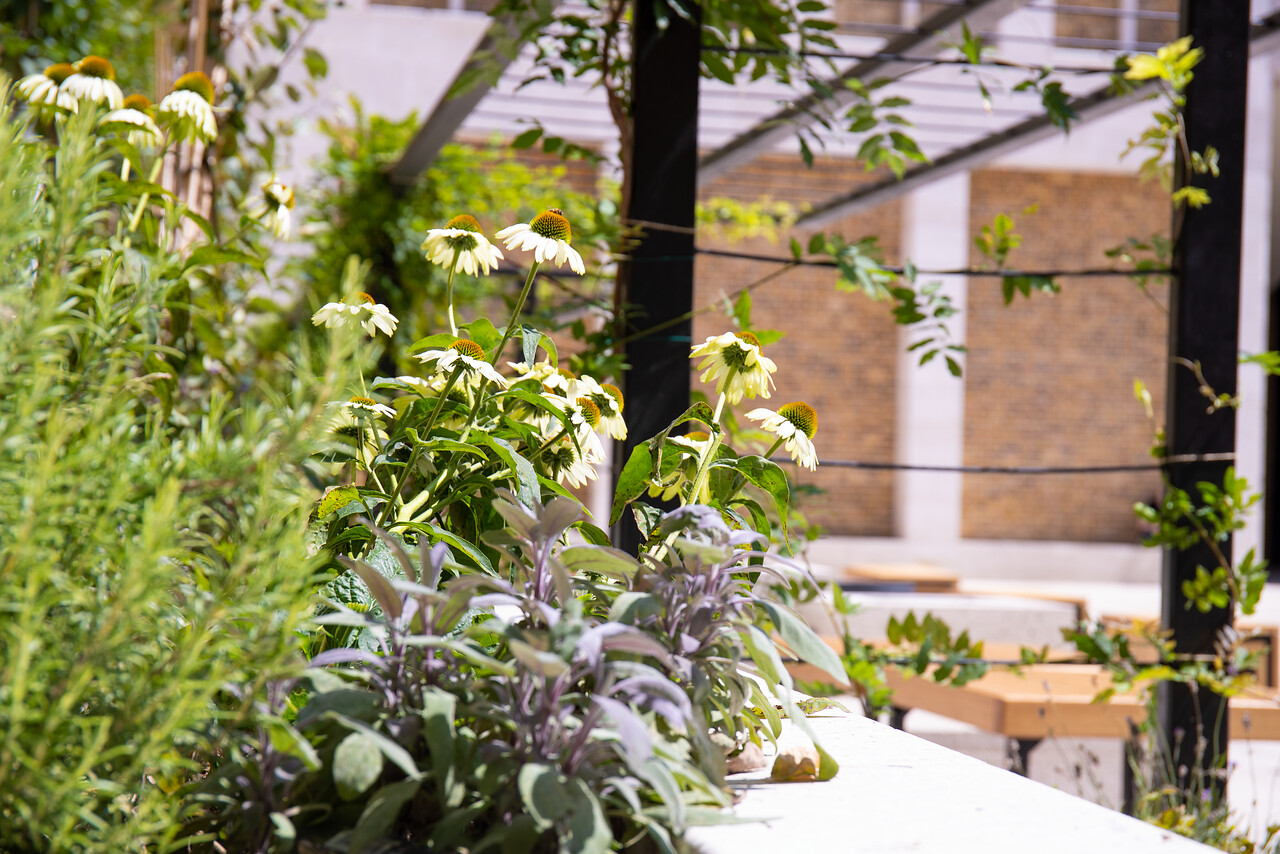Queen Square Institute of Neurology celebrates success at UCL Sustainability awards 2022
By qtnvphi, on 7 September 2022
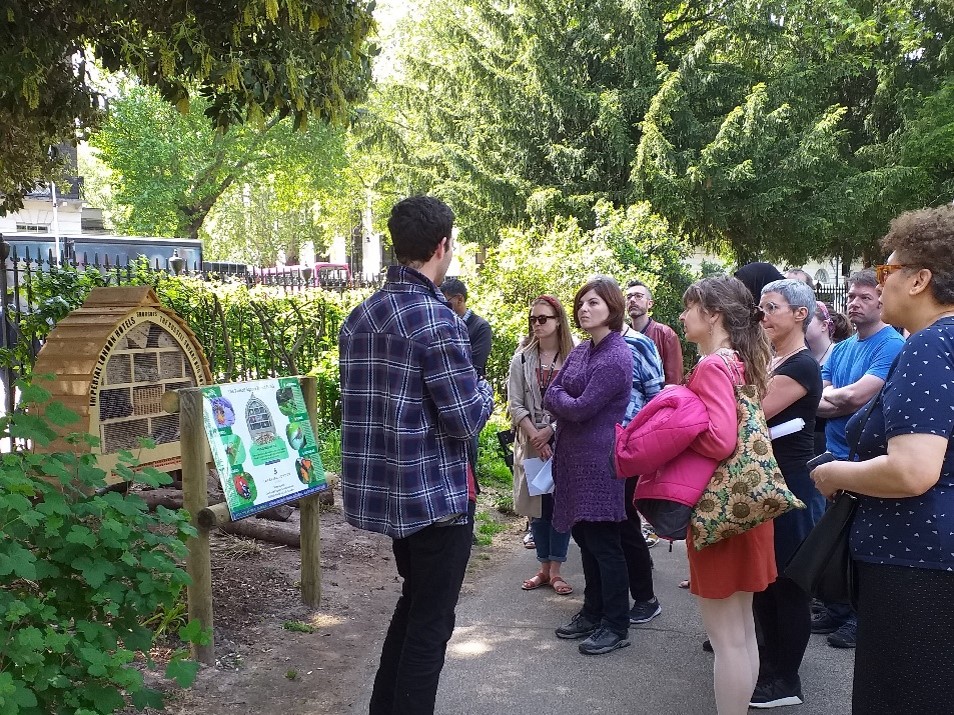
Green Impact and LEAF
The awards were made in recognition of the innovative best practice across the Institute, examples of which can be found on our Sustainability pages and builds upon our success at previous awards. The UCL sustainability team congratulated those who had taken an Institute wide approach to Lab submissions, including ION, for which they thanked Steffy Czieso (ION Labs Operations Manager) for co-ordinating.
Steffy Czieso, ION Lead for Laboratory Efficiency Assessment Framework (LEAF):
“Lab based research is incredibly resource intensive and the use of plastics and energy consuming equipment is unavoidable. The Queen Square Institute of Neurology is a world-leading centre for neurological research within UCL and I think it is our duty to find and implement ways to make our research as sustainable as possible. Working as a team, creating awareness amongst the research community and applying best practice can make a huge difference and therefore I am very enthusiastic to work with IoN lab staff, UCL sustainability teams and Estates to build a greener lab environment.”
Sarah Lawson, ION Lead for Green Impact (Office Sustainability):
“I have worked on Green Impact with an increasing number of ION departments over recent years, and am delighted to see how Sustainability has become increasingly embedded in ION culture. However, the pressure to act is also increasing, and I invite all ION staff and students to act together to take up UCL’s challenge: “we can change what’s possible tomorrow, by making a change today.”
Sustainability Research Award
Professor Sanjay Sisodiya (Deputy Director for Sustainability and Climate Change, UCL Queen Square Institute of Neurology) was presented with the Sustainability Research award for co-ordinating investigations of the impact of climate change on people with neurological conditions. To address these issues, Professor Sisodiya established a consortium of neurologists, scientists, epilepsy nurses, representatives from industry and charities supporting people with epilepsy, called Epilepsy Climate Change.
Recycle the present, save the future! ION Green Day July 2022
ION celebrated our success at the awards at several ION Green events in July, including a Lab Repair Workshop and a “Meet your ION Green and Lab Champions” demonstrating ION sustainability activities, Lab freebies, Sashiko embroidery, book swap, and Toast beer tasting. We invited people to make pledges, and list goals and challenges they have for their department/team, and what sustainable lab initiative or improvement they would like to see at ION. We also showcased our Sustainability activities at the ION Summer drinks.
 Close
Close


